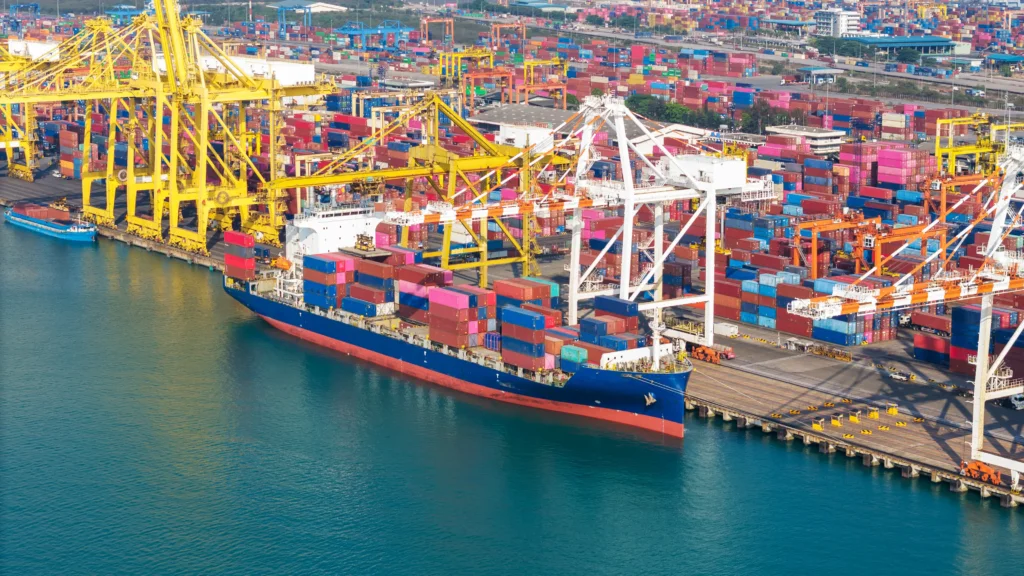Remote work is here to stay; it is one of the escalating trends the world adopted, especially all through the pandemic crisis, and predictions around this trend will persist into the future. The workforce of the present is mainly remote, making work much more flexible.
With the ever-rising of edge-technology and the appearance of creative careers, the future of work will not be the same in years to come.
As we come out of the pandemic, workers are now more focused on achieving targets to a high level of quality, contrary to current processes of completing exactly 40 hours working week.
Remote work is here and now.
Right now, 70% of the global labour force work remotely, at least once a week; it is no longer a trend; it is the present. This kind of data should motivate any person who is in the quest to initiate working remotely as compete with a desk job.
The Remote Work industry drove itself beyond expected all through the past year. According to recent surveys, 16 million skilful USA workers changed over to working online in the month of May 2020 alone, predicting that the more significant part of the world workforce could practically be everlasting remote workers shortly.
By all means, the future is more flexible.
Even though flexible working is not a new model, there will be a massive adoption force of work labour carrying on in coming years. The old standardised 40-hour workweek, intended for factory workers, will definitively adapt to innovative requirements, new technologies with a vision of progress. In the working new concept, hours will be more flexible, and organisations more involved in the outcomes driven by their employees.
We, as individuals, have professional and personal lives. Currently, these two facets are more important than ever, as they start intermingling to a high extend today; we often found that workers get burnt out on their jobs, ask for time off or a raise on pay.
When working remotely, jobs for sure will be more flexible and considerate when it comes to your personal life; work might be more focused on better organising your timetable and requirements than worrying about time, commuting, meals, and more.
The central point will be on a worker’s Key Performance Indicators (or KPIs) than fulfilling the number of hours in our timesheets each week. Organisations of the future will focus more on how well the employees get done specific goals and not focusing merely on the hours they are working daily. The old-office approach of working yourself to death to enhance the company level might not be as significant as working for a better future.
Since KPIs will keep significant and improved, employers will value more the workers’ performance to a great extent. Companies of the future will focus more on the core of their business and invest in those projects that produce significant productivity without sacrificing the quality that generates Returns of Investment (RoI.)
Workers’ expectations will probably be more centred on driving their strength forwards into accomplishing the company’s required outcomes. Both employers and employees have clear that Remote Work grows exponentially; therefore, it is advisable to stay on top of trends.
Further comments: The evidence is more than clear than ever: it is always strategic to stay on top of trends and undertake work transformation, not only regarding workplace, working hours but objectives and adapting to our now and beyond.
What do you expect as a company from your labour force after the crisis?
Dave Food
Prophetic Technology
M: +44 7775 861863









